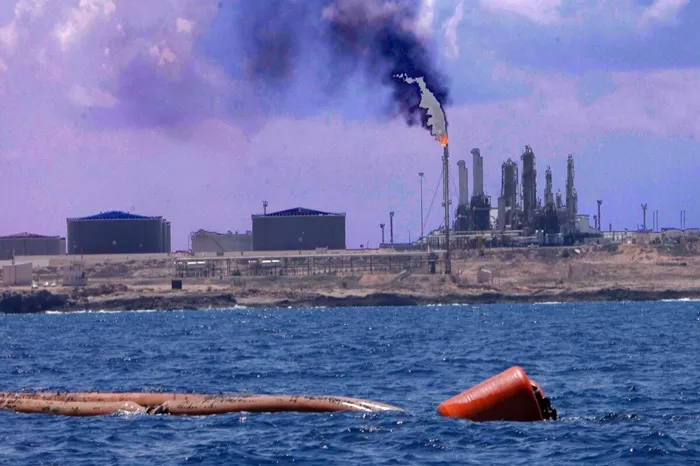The situation in Libya has sharply worsened over the past two months, with escalating violence and political divisions threatening further instability unless the warring factions can agree on a unified government, warned Stephanie Khoury, the UN’s special envoy for Libya. Khoury addressed the Security Council this week, highlighting the severe impact of ongoing unilateral actions by various Libyan political, military, and security actors.
Khoury emphasized that these actions have exacerbated tensions, entrenched institutional and political rifts, and obstructed efforts to reach a negotiated political resolution. This deteriorating situation has recently resulted in another force majeure declaration at Libya’s largest oil field, Sharara. Despite its capacity to produce up to 300,000 barrels of crude oil per day, production has been halted due to local protests driven by the country’s economic crisis.
The internationally recognized Libyan government has accused its rival administration in Eastern Libya of orchestrating the protests as a form of blackmail. Khoury cautioned that without renewed political dialogue leading to a unified government and forthcoming elections, Libya faces escalating financial and security instability, deepening political and territorial divisions, and increasing domestic and regional turmoil.
The political unrest is also impeding Libya’s plans to enhance its crude oil production. The National Oil Corporation has outlined a strategy to increase daily production from approximately 1 million barrels to 1.5 million barrels by 2025, with a further target of 2 million barrels by 2027. However, ongoing infighting and worsening economic conditions for locals pose significant risks to these goals. The country’s oil fields remain vulnerable to disruption as various factions use them as leverage in their disputes with government entities and rival groups.
Related topic:

